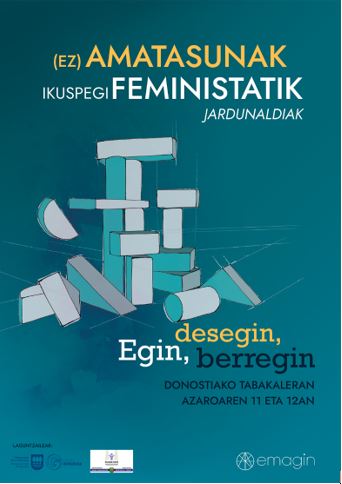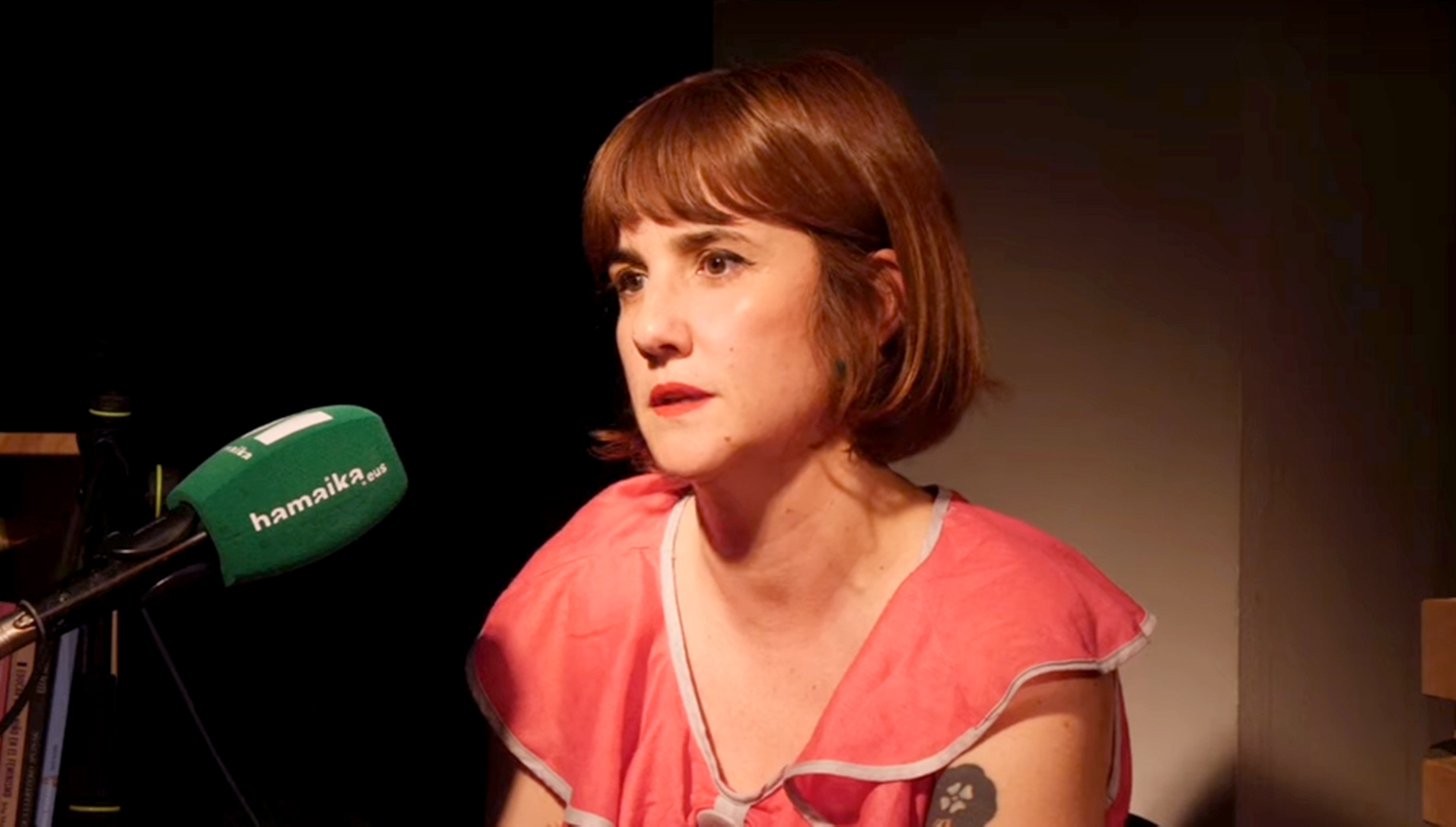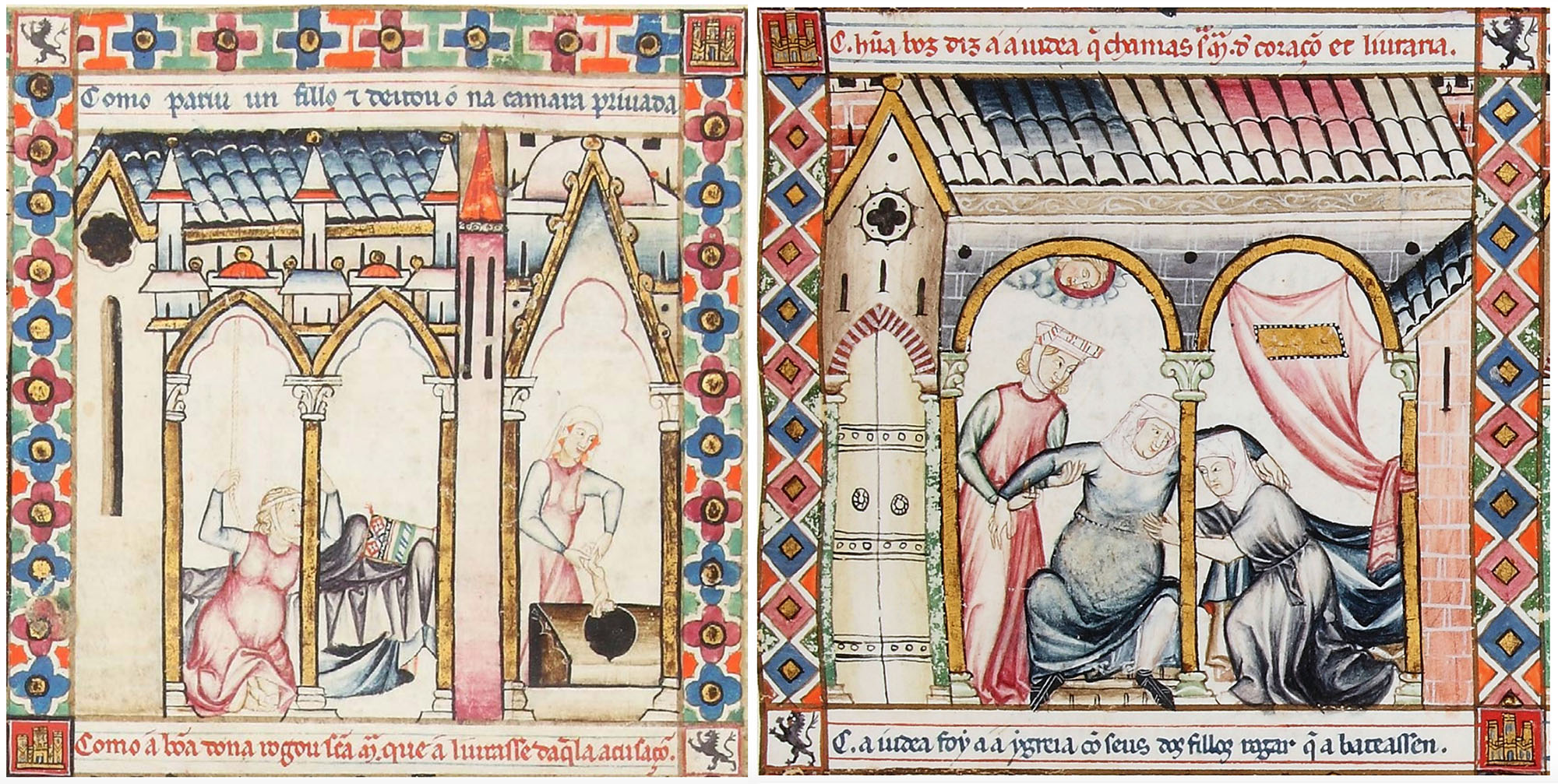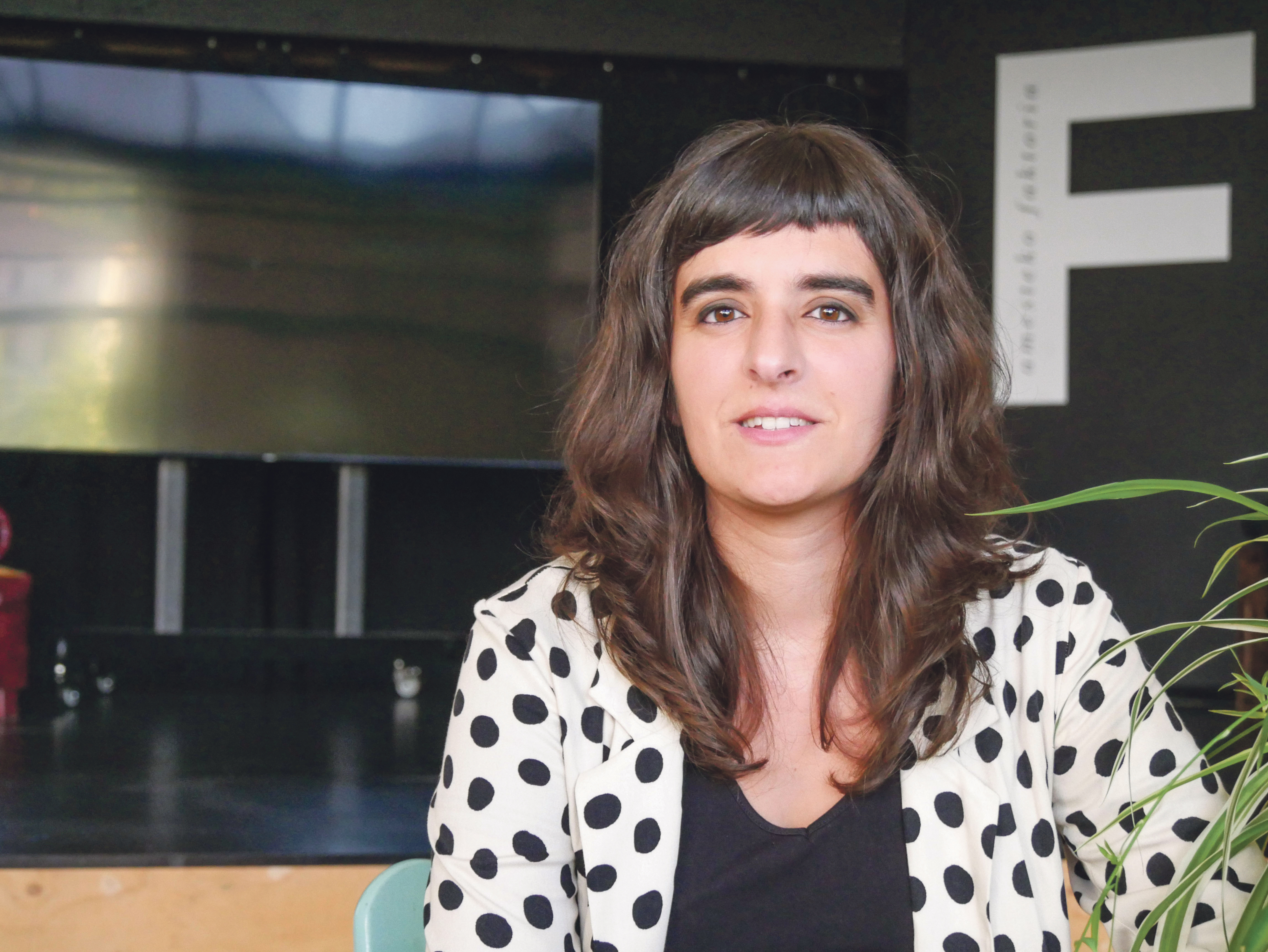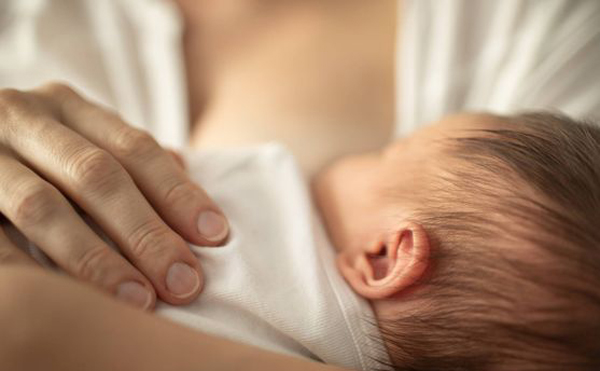(No) Emagine will hold feminist maternity days in November
- “Motherhood, which is an option, an experience, a decision or something we give up, is a subject that crosses many women. So we say (no) that motherhood is a collective experience. It is even a collective experience of a purely political nature, and that is why we have to work from feminism”. From this premise Emagine (No) has organized the conference from the feminist point of view of maternity hospitals. They will be held on 11 and 12 November in Tabakalera de Donostia.

In the opinion that Basque feminism has not paid enough attention to maternity, Emagin has decided to move forward and address the issue. On 11 and 12 November (No) maternity from the feminist point of view has organized a conference in Tabakalera de Donostia to put motherhood under observation and analyze it as a social organization. As the date approaches, the information of the days will be expanded on the website created for open days, or on Instagram and Twitter.
The general objective of the conference is to promote reflection on maternity hospitals and create a space for feminist debate, understanding that maternity hospitals are “maternity hospitals, not maternity hospitals and other maternity hospitals”. Moreover, they have established more concrete objectives: to make visible the different models of motherhood and to know the experiences; to analyze and make known the alternative images of motherhood promoted in each artistic sphere; to identify the maternal violence and to agree strategies to face them; and to know feminist discourses and diverse strategies, looking at rewarding the practices of jumping from the heteropatriarchal model to community paternity.
The organizers have talked about the reasons and needs of the initiative. They emphasize the need to take the path of the feminist movement when starting to work on the issue of motherhood in the 1970s, after detecting an error in the reflection around the theme in this period. “An example of this is that in the days held in Durango, Salda Dago, the Feminist Movement of Euskal Herria was questioned for not having addressed the issue of motherhood,” they conclude. Thus, and consistent with the demands of the feminist movement in recent years, a social model that will focus lives and a public care system, have had the decision to raise the issue.
“When we talk about life and care, it is essential to analyze the role of motherhood as a social organization. In fact, much of the reproductive works are linked to it. It is also necessary to analyse (no) the issue of maternity hospitals with the characteristics of the 21st century. Because it has changed the presence of women in the labor market, the priority of the productive public in our lives, the ways of building relationships, the social networks… All of this requires an update of the look. The days come to give space to the current function of being a mother as a patriarchal institution that we must analyze from a feminist point of view”, they explain.
Toledo, 1272-1280. Alfonso X of Castile gathered 427 monomedical songs dedicated to the Virgin. The Cantigas de Santa Maria constitute one of the most important musical and literary collections of the Middle Ages, but being decorated with the miniature cantiga, these... [+]
When death and the corner of the perinatal mourning occurred in the Hernani cemetery, I received the first blow. So I started thinking about where that lost child was. There I left him to take care of others. Why didn't I do something? Time goes fast and immersed in day to day is... [+]



